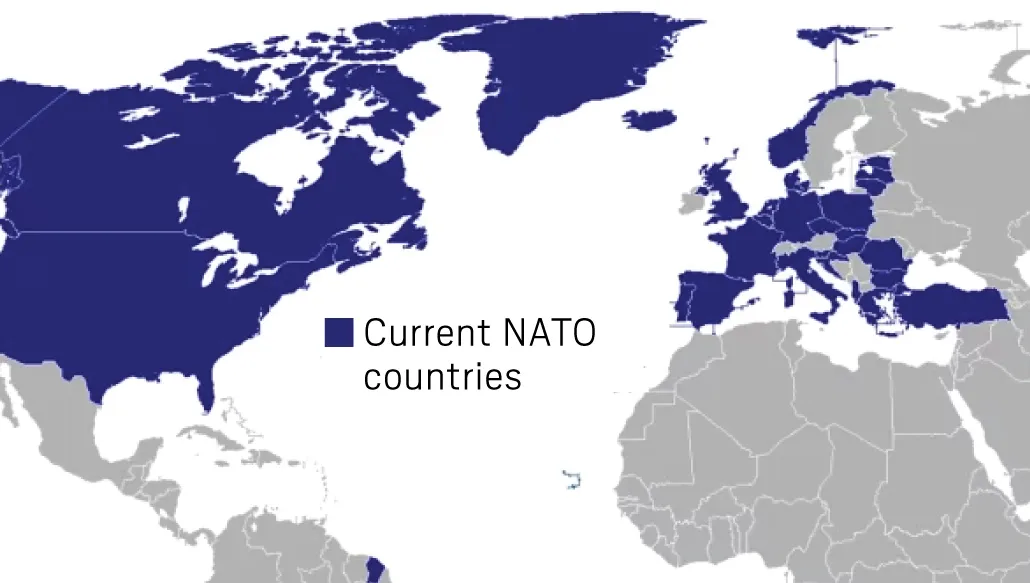Table of Contents
Manly D. Hall.
amateurreviewspace.com
“If both the past and the external world exist only in the mind, and if the mind itself is controllable – what then?”
George Orwell
Since the introduction of hydrogen bombs, and the general buildup of civilization-ending weapons by multiple nations, including the United States, Russia and China, mind-control has become the most effective tool at dominating an external (and internal) threat. The techniques used and the technological advancements in this area are also so poorly known by the public that they are essentially helpless against them. Unlike a computer system, the mind has no firewall, and can be hacked with ease.
The origins of modern mind wars can be broadly found in two locations: firstly, the NAZI scientists that were moved into western democracies via Operation Paperclip and the associated international programs charmingly termed “Ratlines”. The most effective NAZI scientists were moved into the Office of Strategic Services (OSS), which later morphed into the CIA. In his book Operation Mind Control, Walter Bowart describes the OSS movement into psychological operations noting:
“it developed psychological warfare into an effective weapon against the minds of civilian and military populations foreign and domestic alike.”
From the 1930s until the end of WW2 it is estimated that the NAZIs executed approximately 300,000 mental patients. However, in a cruel twist of fate, these doctors and scientists were seemingly rewarded as they escaped via Ratlines into the arms of western democracies wanting to learn their manipulation techniques. Among the NAZIs imported to the U.S. was Karl Tauboeck, who had been the chief plant chemist at I.G. Farben’s Ludwigshaven factory, and who was the NAZI expert on sterilization drugs and truth serums. We find in this the origins of the MK-Ultra LSD trials (and worse) on an unsuspecting population.
Another key place where psy-ops were perfected is the Tavistock Institute in the United Kingdom: an organization with a historically shadowy system of funding, but with ties to the British Royal family and global political elites. In May 1967 at Queen Elizabeth’s palatial estate in Deauville, France, a conference was convened. Among the projects mentioned at the conference were “social turbulence” and “Images of Man”. Participants included Willis Harman of the Stanford Research Institute; Dr. Zbigniew Brzezinski, the Carter national security advisor and the Trilateral Commission’s founding executive director; and Dr. Aurelio Peccei, later to head the Club of Rome.
The early 1930s work by the Tavistock Institute performed by Kurt Lewin focused on using trauma to implement large scale social change. The idea being that under significant trauma an individual identity becomes incredibly malleable and more willing to accept authoritarian governance. This is summarised nicely by Dr William Sargent in his book, “The Battle for the Mind”:
“Various types of beliefs can be implanted in many people after brain function has been sufficiently disturbed by accidentally or deliberately induced fear, anger, or excitement. Of the results caused by such disturbances, the most common one is temporarily impaired judgment and heightened suggestibility.
Its various group manifestations are sometimes classed under the heading of ‘herd instinct,’ and appear most spectacularly in wartime, during severe epidemics, and in all similar periods of common danger, which increase anxiety and so individual and mass suggestibility.”
The Chinese Communist Party has also indicated that psychological warfare is one of their major strategic tools. This is set out clearly in the infamous book penned by two PLA generals titled Unrestricted Warfare. They argue the best strategy for attacking another nation is via psychological, drug, economic and legal warfare. The authors note their ideas represent a modern spin on Sun Tzu’s crafty techniques outlined in The Art of War:
“The supreme art of war is to subdue the enemy without fighting.”
Many people assume that war will always come in the form of missiles and troops as that is what they know from history and movies. However, to think of war only in this way is to miss the greatest development in military thinking of our times, whereby the true battlefield of our era is the mind.
This thinking takes one to the astonishing conclusion that war can be conducted against a population without that group knowing there is a war or who exactly is attacking them. If societies want to survive without being the puppets of foreign powers, they should immediately formulate a strategy to protect their citizens from psychological warfare.

However, this argument goes out the window if it is their own government employing such techniques against them, in which case individuals must learn to protect themselves.
Please share this BFD article with others.









